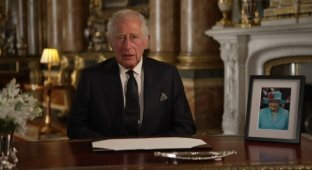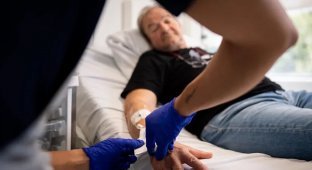Balmis expedition: how children became living vessels for the smallpox vaccine (7 photos)
In the 19th century – still relatively recently – smallpox was a deadly scourge of humanity. 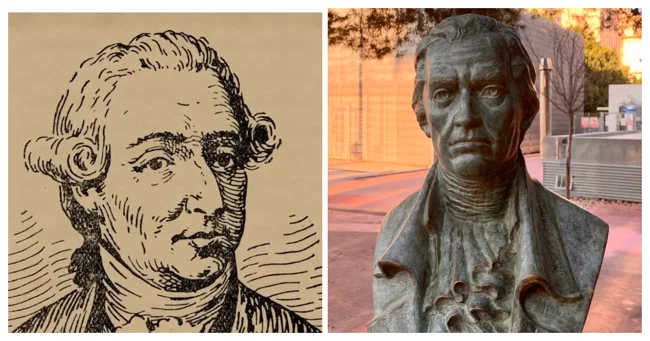
And so the vaccine has already been invented, but how to deliver it to distant colonies if there are no refrigerators, and dry samples spoil on the way? The solution was found by the Spanish doctor Francisco Javier de Balmis: he turned children into a living chain for carrying the vaccine.
Vaccination at the cost of illness 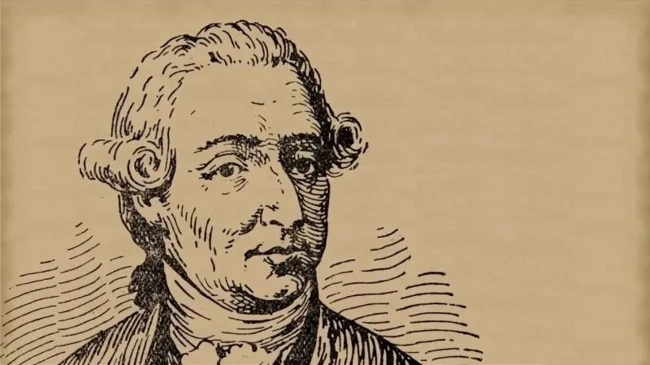
Francisco Javier de Balmis
Before the advent of vaccines, the only method of protection was variolation - infecting a healthy person with pus from the smallpox blisters of a sick person. The method came from the East and was used for centuries, but it was risky: the patient still got sick, albeit in a mild form. 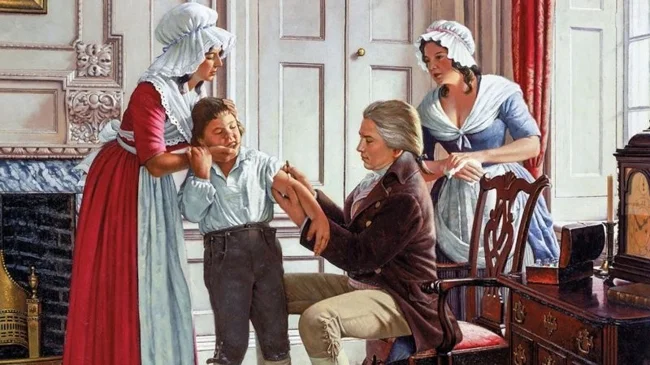
Edward Jenner's discovery gave the world hope
Everything changed in 1796, when the English doctor Edward Jenner created the first real vaccine - based on cowpox. The Spanish King Charles IV, who lost his daughter to the disease, ordered the entire country to be vaccinated, and then the overseas colonies. But how to deliver the virus across the ocean?
22 Boys and One Crazy Plan 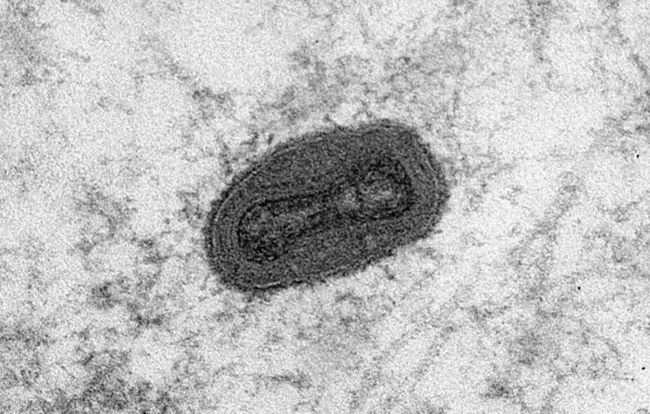
Smallpox Pathogen
The court physician Jose Flores proposed a literal, brilliant, and cruel solution: transport the virus in the bodies of children. The corvette Maria Pita was loaded with 22 orphans aged 8–10 — none of them had smallpox. Along the way, they were vaccinated in a chain: as soon as one child’s blisters matured, their contents were transferred to the next.
Thus, in November 1803, the Royal Philanthropic Expedition began — the first global vaccination campaign in history.
Spanish Colonies: Victories and Disappointments 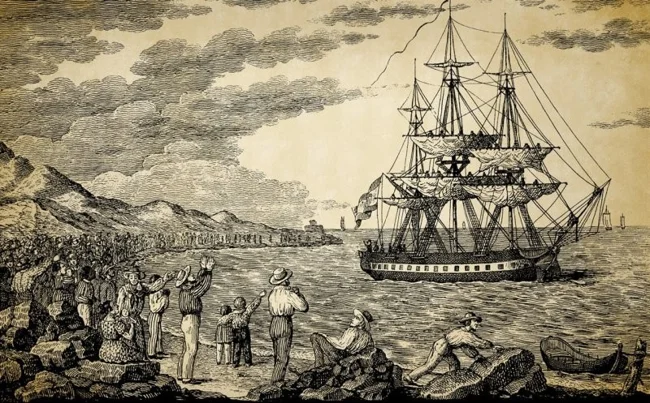
Departure of the Corvette Bringing Hope and Life
The expedition reached Puerto Rico, but they had already used the vaccine brought by the Danes. But in Venezuela, Balmis' team vaccinated 12,000 people in a month and trained local doctors. 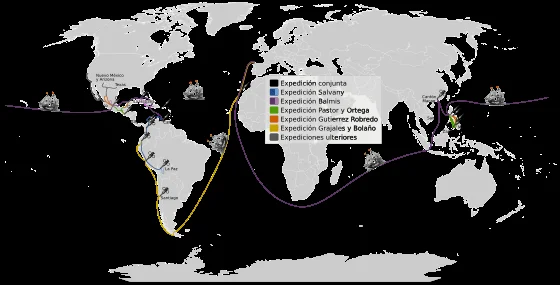
The expedition route
Then the group split up:
Balmis went to Mexico, the Philippines, and even China, taking new carriers - 25 Mexican boys.
Jose Salvani moved to South America, where he vaccinated 200,000 people in Peru, but died of tuberculosis in Bolivia.
Legacy: From Corona to WHO 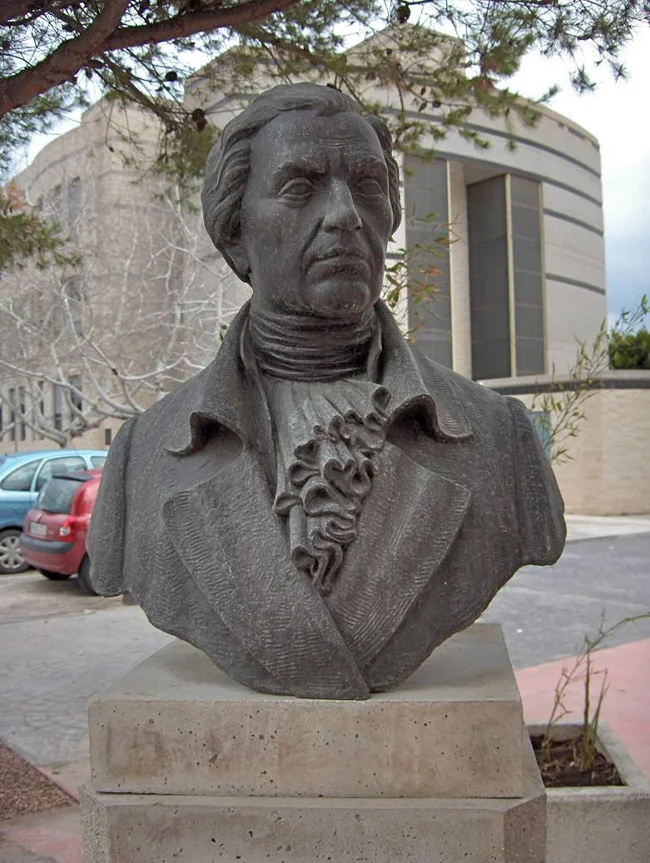
Francisco Javier Balmis, bust located at the Miguel Hernandez University in San Juan de Alicante, Spain
The Balmis expedition was the world's first mass vaccination project, 150 years before the creation of the WHO. It showed that even without modern technology, epidemics can be defeated if there is persistence, education and... sacrifice.
22 Spanish orphans, 25 Mexican children and doctors who went to the end saved millions of lives. In 1980, smallpox was declared eradicated – but the beginning of this victory was laid back in 1803, on the deck of a tiny corvette carrying twenty-two small living vessels into the unknown. This is the story not only of medicine, but also of humanity – cruel, but necessary.















